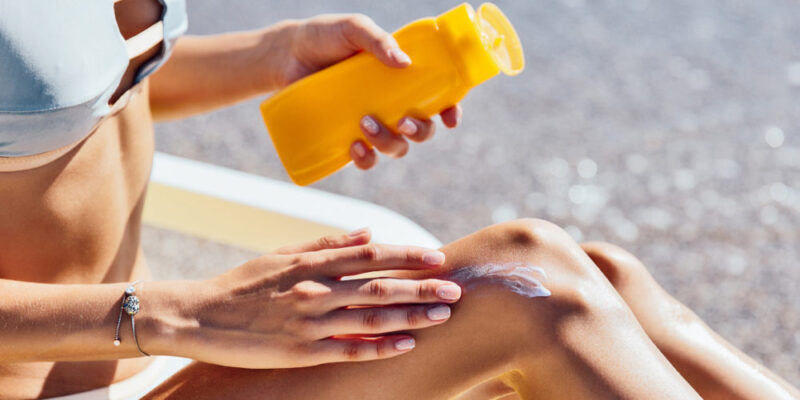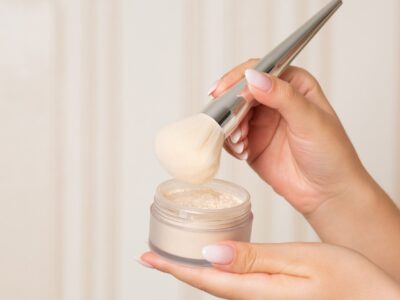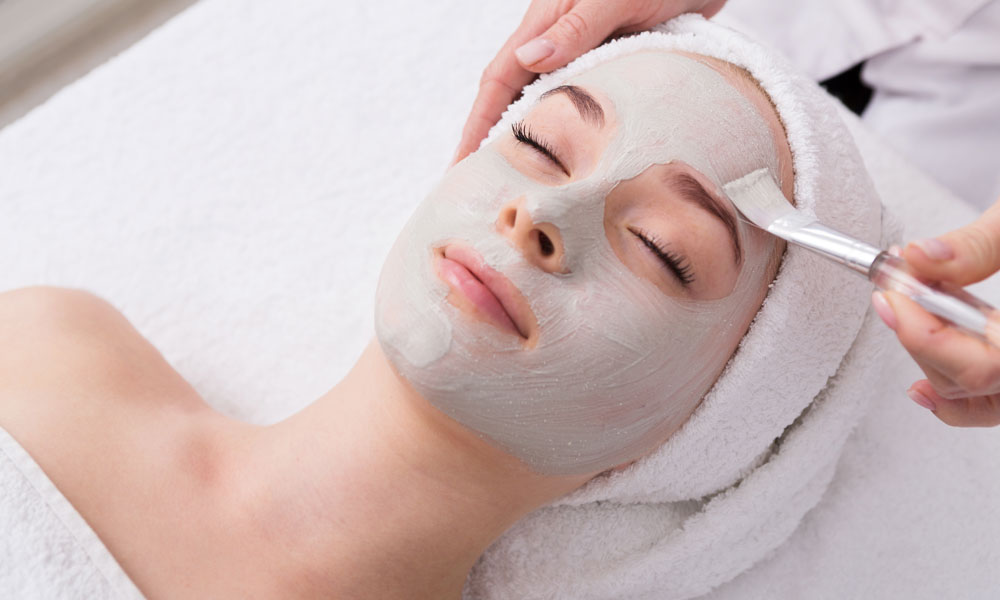Sunscreen is very important when it comes to protecting your skin from harmful ultraviolet (UV) rays. It also helps in maintaining and keeping your skin healthy. It has many other benefits such as reducing the risk of skin cancer, protecting against sunburn, preventing premature ageing, etc.
There is a common misconception that mixing sunscreen with other products can provide additional benefits or increase its effectiveness. But in reality, it can affect the stability and efficacy of the sunscreen formulae.
Let’s discuss the consequences that can arise when you mix other products with sunscreen and also the reasons why you shouldn’t do it.
Reasons For Not Mixing Sunscreen with Any Products
There is not one but many reasons why you shouldn’t mix your sunscreen with any other products. It not only reduces the efficiency of your sunscreen but also causes other problems like:
Uneven Distribution and Coverage
Sunscreens are designed especially for providing a uniform layer of protection after direct application. But when you mix other products with sunscreen, then its texture and consistency can change. This can cause difficulty in applying it evenly around the skin. Due to this, certain areas of your skin can remain unprotected. This increases the risk of sun damage in these areas.
Sun Protection Gets Compromised
Sunscreen formulation goes through extensive testing to determine its SPF. However, mixing it with other products might dilute the ingredients in the sunscreen which helps in protection from UV rays and reduce their efficiency. This makes the skin vulnerable to harmful UV radiation and can also lead to sunburn and premature ageing.
Decreased Shelf Life
Mixing other products with sunscreen can reduce its shelf life. Altering the formulation of the sunscreen can start the process of its degradation. The preservatives in the sunscreen can mix with the ingredients in other products like acids and antioxidants which can then lead to potential microbial growth. This ultimately degrades the quality of sunscreen.
Potential Skin Sensitivity and Irritation
If you mix other products with the sunscreen, then it can irritate the skin. Certain skincare ingredients like retinol, alpha hydroxyl acids, essential oils, etc can react with the active ingredients in the sunscreen and can be harsh on the skin. It can cause redness, allergic reactions, or inflammation. Preservatives or fragrances in other products can increase skin sensitivities when mixed with sunscreen.

Chemical Incompatibilities
The stability and effectiveness of the sunscreen formulation can be altered when it is mixed with other products. Sunscreen formulations have active ingredients that absorb, reflect, or scatter UV radiation. However, certain ingredients from other products may react with the sunscreen’s UV filters, making them less effective and causing them to break down.
However, dermatologists say that you can use the correct order of skincare application. For this, you need to first apply a good moisturizer, and then you need to apply sunscreen and makeup.
Difficulties in Determining the SPF
Sunscreen formulas are typically designed with specific SPF to protect from harmful UV rays of the sun. When you mix other products with the sunscreen, then it alters the Sunscreen formulae and it becomes difficult to determine the SPF that the new mixture contains. Not only it decreases the effectiveness of the sunscreen, but it also alters the SPF that our skin needs for protection from the sun.
Difficulties in Reapplication
If you are more interested or you take part in outdoor activities like swimming, then you should apply sunscreen regularly. But the reapplication process can become difficult if you mix your sunscreen with other products. It also in turn increases the possibility of inadequate sun protection.
Sunscreen Absorption Gets Hampered
Certain skincare products may interfere with the sunscreen’s absorption properties and thus hampering the ability of the sunscreen to provide optimal sun protection.
Impaired UVA and UVB Protection
Sunscreen formulas protect us from harmful UVA as well as UVB rays of the sun. If you mix other products like foundation or moisturizer with sunscreen, then it can hinder the sunscreen’s ability to either protect you from UVA rays or UVB rays and sometimes even both.
Difficulty in Removing the Sunscreen
Mixing the sunscreen with other products can make it harder to remove the sunscreen from the skin. This potentially leads to the buildup of the residue and can cause clogged pores.
Inefficiency in Environmental Protection
Mixing other products with sunscreen not only hinders the sunscreen’s protection from UV rays but also makes the sunscreen inefficient to protect the skin against environmental factors like pollution and free radicals.
Hinders Makeup Application
Your makeup might not stay for long if you mix other products like foundation and moisturizers with sunscreen. This may lead to reduced efficiency of both, the makeup product and sunscreen.
Skincare experts and dermatologists advise applying sunscreen as a final step or at last in your skincare routine. It means that you can apply sunscreen after putting in your moisturizer or other product. This will allow the sunscreen to form a protective shield on your skin and provide you with optimal sun protection.
Visit tira’s website to choose from the wide range of Sunscreen. Apart from that you can also explore the website to check other beauty and wellness products.












Comments